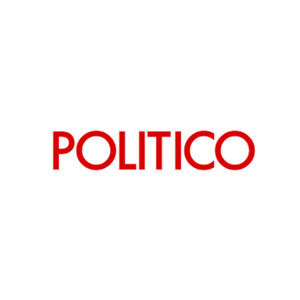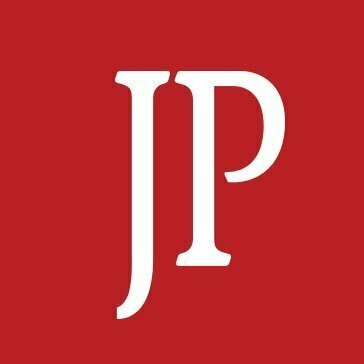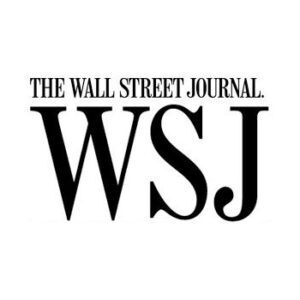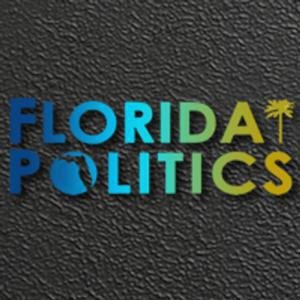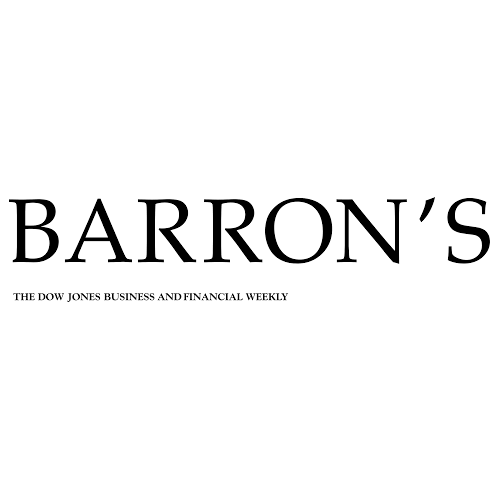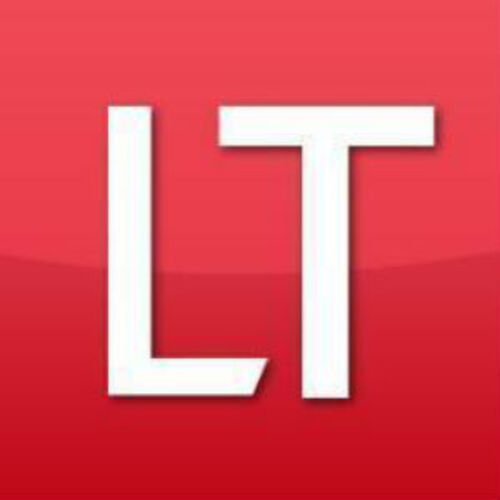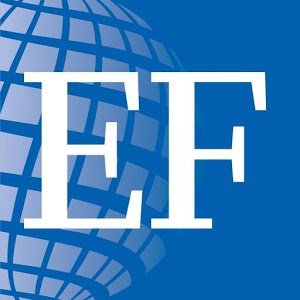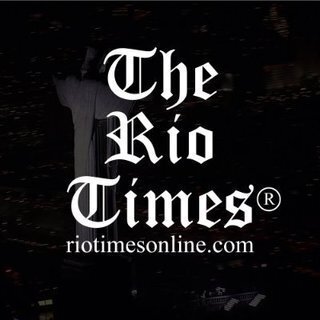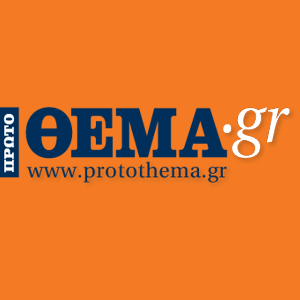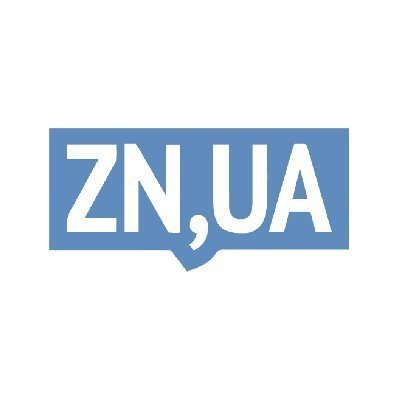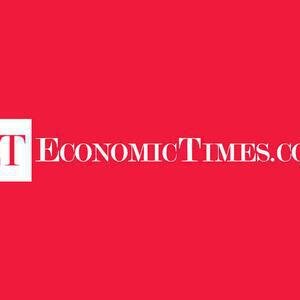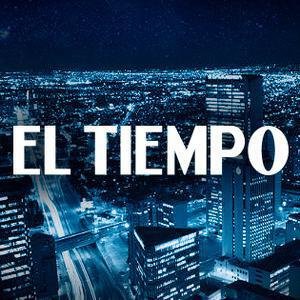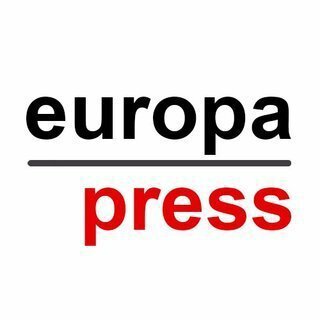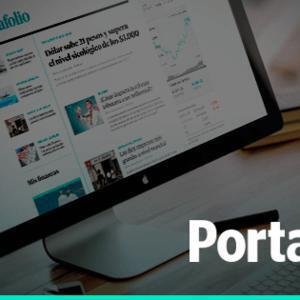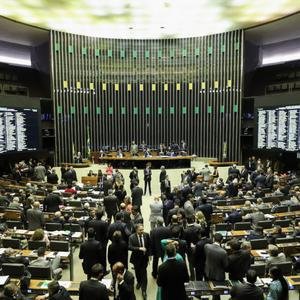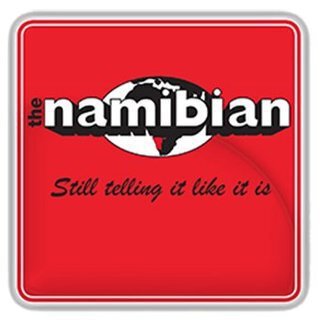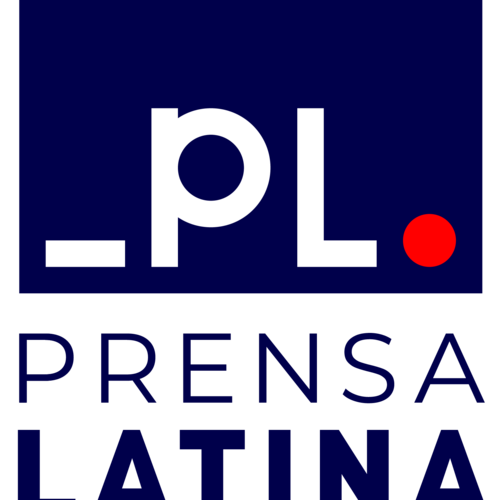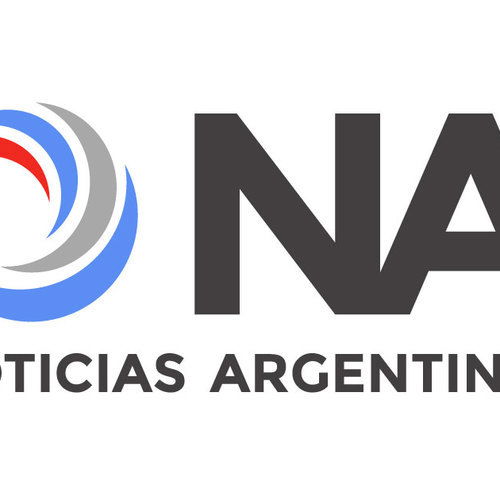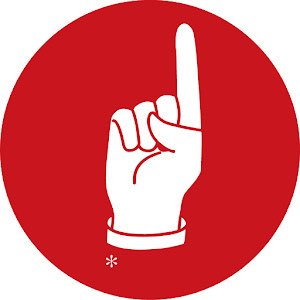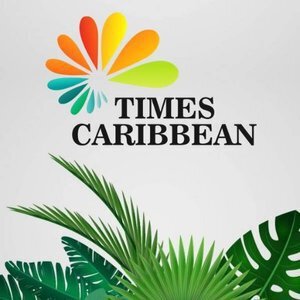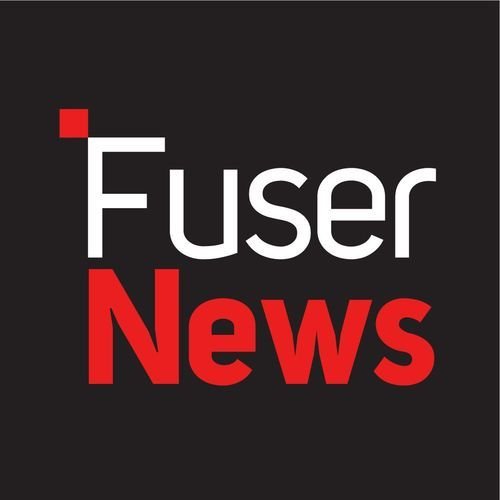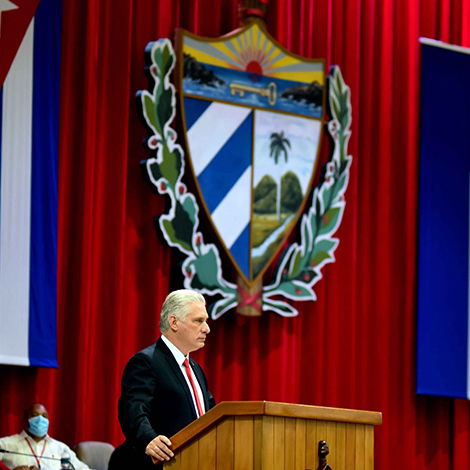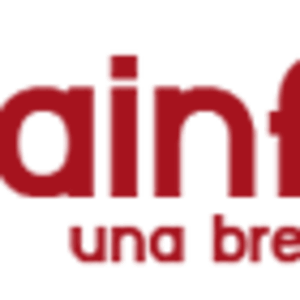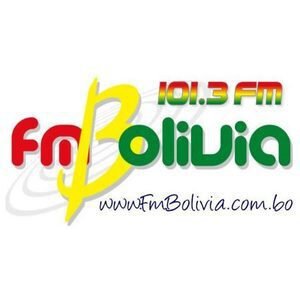President Donald Trump began his second term by reversing policies from the Biden administration, including the addition of Cuba back to the U.S. state sponsors of terrorism list. The move comes just days after his predecessor made the opposite move.
Trump reverses agreement on Cuban prisoners
On Monday, Trump’s administration halted an agreement between the Biden administration and the Vatican to gradually release more than 550 political prisoners in Cuba. The deal, signed on Wednesday, Jan. 15 by former President Joe Biden, resulted in the release of dozens of Cuban prisoners, many of whom had been detained during the 2021 anti-government protests on the island.
Newly confirmed Secretary of State Marco Rubio announced the administration’s plan to once again designate Cuba as a state sponsor of terrorism. Rubio also said restrictions against the island nation are expected to follow.
Cuba Responds to U.S. Decision
Cuban President Miguel Díaz-Canel calls Trump’s move “arrogant” and a setback for the Cuban people. However, Díaz-Canel said Cuba would endure and ultimately thrive despite the renewed U.S. pressure.
For several decades, Cuba has faced economic hardship due to its designation as a state sponsor of terrorism, which restricts foreign aid and military assistance to the country. In addition to Cuba, countries like Iran, Syria and North Korea remain on the list while Sudan and Iraq were removed.
What does the U.S. terrorism list mean for Cuba?
The U.S. government places countries on the terrorism list based on their support for international terrorism, imposing heavy restrictions on foreign assistance, arms sales, and international trade.
Trump’s administration originally added Cuba to the terrorism list in the final days of his first term in January 2021. Now, with Trump back in office, the administration has moved to reinstate this designation.
As of now, it remains unclear whether Trump’s decision will have an impact on the release of more Cuban political prisoners.





